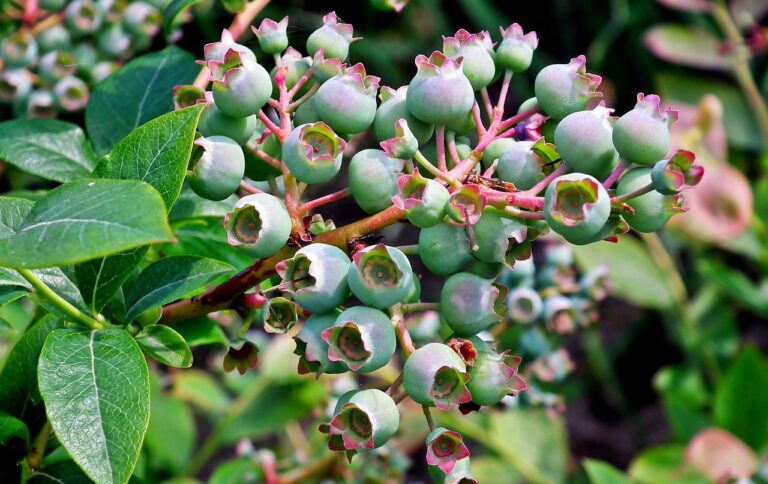Exploring the Link Between Nutrition and Skin Conditions
Eating a balanced diet plays a crucial role in maintaining healthy skin. Our skin requires a variety of vitamins, minerals, and nutrients to stay nourished and resilient. A diet rich in fruits, vegetables, whole grains, lean proteins, and healthy fats can provide the essential building blocks for skin health.
Specific nutrients like vitamin C, vitamin E, and zinc are known to have skin-boosting properties. Vitamin C helps in collagen production, vitamin E acts as an antioxidant protecting the skin from damage, while zinc aids in wound healing and supports overall skin health. Additionally, staying hydrated by drinking an adequate amount of water can help keep the skin hydrated and glowing. In essence, what we eat directly impacts the health and appearance of our skin.
Understanding the Role of Antioxidants in Skin Health
Antioxidants play a crucial role in maintaining healthy skin by combating the damaging effects of free radicals. Free radicals are unstable molecules that can lead to oxidative stress, causing skin aging, inflammation, and other skin issues. By neutralizing free radicals, antioxidants help protect the skin from premature aging and promote overall skin health.
There are various types of antioxidants that have been shown to benefit the skin, including vitamins C and E, coenzyme Q10, and polyphenols. These antioxidants work synergistically to repair damaged skin cells, improve skin texture, and reduce the appearance of wrinkles. Incorporating a variety of antioxidant-rich foods and skincare products into your routine can help enhance the health and appearance of your skin over time.
What are antioxidants and how do they benefit skin health?
Antioxidants are molecules that help protect the skin from damage caused by free radicals. They help neutralize free radicals, preventing them from damaging skin cells and causing premature aging.
What are some common sources of antioxidants?
Some common sources of antioxidants include fruits and vegetables, green tea, nuts, and seeds. Other sources include vitamins C and E, as well as carotenoids like beta-carotene.
How can I incorporate more antioxidants into my diet?
You can incorporate more antioxidants into your diet by eating a variety of fruits and vegetables, opting for whole grains, and consuming foods rich in vitamins C and E. You can also consider taking antioxidant supplements, but it’s important to consult with a healthcare provider before doing so.
How do antioxidants help improve the appearance of the skin?
Antioxidants help improve the appearance of the skin by neutralizing free radicals, which can cause damage to skin cells and lead to signs of aging. By protecting the skin from damage, antioxidants can help promote a more youthful, radiant complexion.
Can I apply antioxidants topically to my skin?
Yes, you can apply antioxidants topically to your skin in the form of skincare products. Look for products that contain antioxidants like vitamin C, vitamin E, green tea extract, or niacinamide to help protect your skin from environmental damage and promote a healthy complexion.





